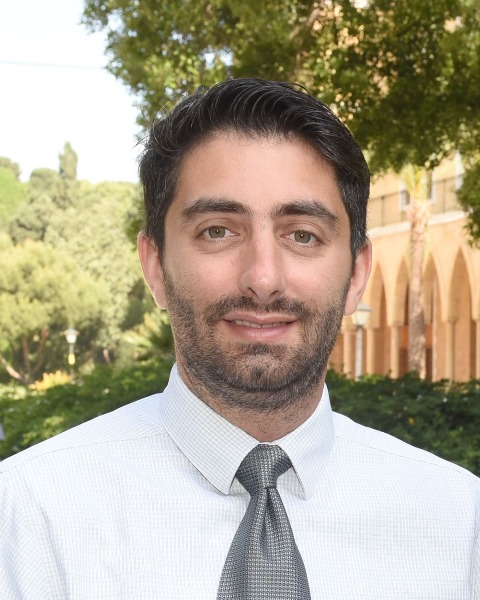Global Neonatal & Children's Health
Session: Global Neonatal & Children's Health 3
507 - Establishing an Accredited Neonatal-Specific Antimicrobial Stewardship Program Center of Excellence: Experience of a Low-Middle Income Country
Friday, May 3, 2024
5:15 PM - 7:15 PM ET
Poster Number: 507
Publication Number: 507.279
Publication Number: 507.279

Faouzi Maalouf, MD
Assistant Professor of Pediatrics and Neonatology
American University of Beirut Medical Center
Beirut, Beyrouth, Lebanon
Presenting Author(s)
Background: Antimicrobial resistance poses a major threat to human health, contributing to increased rates of morbidity and mortality, which leads to severe health consequences, especially in Low-Middle Income Countries. Antimicrobial misuse, particularly in neonatal intensive care units (NICUs), has been associated with detrimental outcomes, such as the emergence of multidrug resistant organisms, which are responsible for around 30% of all global neonatal deaths from sepsis. The prolonged use of antimicrobial agents leads to changes in the developing microbiome causing adult diseases. Implementing a Neonatal-Specific Antimicrobial Stewardship Program (NS-ASP) is integral to achieving the Sustainable Development Goal 3, which aims to reduce neonatal morbidity and mortality.
Objective: To design, implement and sustain an accredited NS-ASP center of excellence in Lebanon.
Design/Methods: This was a prospective quality improvement project aimed at establishing a centralized national approach to NS-ASP. It was preceded by forming a local NS-ASP in the NICU at the American University of Beirut Medical Center (AUBMC) in 2017. A pilot program followed, consisting of 6 NICUs geographically distributed along the coastal line. The program’s intervention included hybrid educational sessions on NS-ASPs. It comprised the development of tailored neonatal sepsis algorithms, audits, and feedback.
Results: The pilot program yielded significant results, showing a reduction in the median antimicrobial usage rate by 30% within 8 months in the 6 NICUs, from 980 to 696 per 1000 patient days. Expanding on positive results, focal experts from AUBMC and participating hospitals, collaborated to develop a unified surveillance system for NS-ASP data monitoring and training modules. From March till August 2023, participating hospitals reported 170 cases to the ongoing surveillance system. Also, there has been buy-in and support from laboratory medicine to review culture results from different hospitals. The program resulted in recognition for accreditation by the British Society for Antimicrobial Chemotherapy under the Global Antimicrobial Stewardship Accreditation Scheme.
Conclusion(s): The Center of Excellence will focus on training in NS-ASP, which is expected to reduce the inappropriate use of antibiotics during a critical phase in an individual's lifespan, which ultimately influences long-term health. This specialized training, along with subsequent monitoring and support, is anticipated to bring about a reduction in the excessive use of antibiotics, thereby enhancing neonatal outcomes and promoting a healthier adult life.
